Jason Goodwin: Is courtly communication the way to go when dealing with rodent pests?
Jason Goodwin discusses our long-standing tradition of courtesy with animals, and why he politely chose to ignore it when dealing with pests in his own garden.
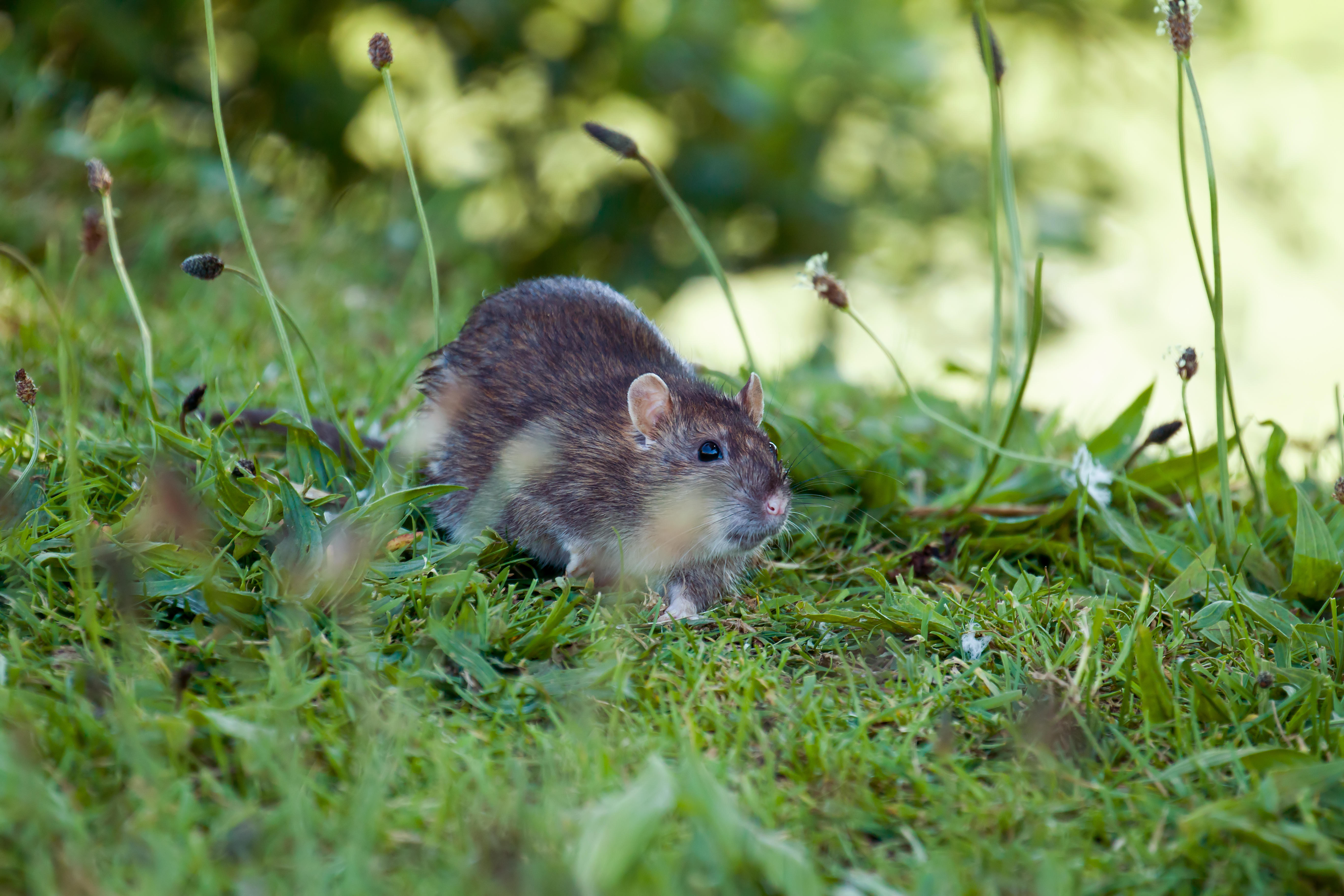
My friend Charlie once came down to his kitchen in London to find a rat on the table, eating his bread. The rat looked at Charlie and then took another bite. For a while, Charlie and the rat eyed each other, the rat insouciant, Charlie peeved. In the end, Charlie asked the rat to leave, politely, and it jumped off the table and scuttled away, never to return.
Here in Dorset, our friend Hugh protects his garden on the same principle. Fed up with the depredations of the local fauna, he’s put up notices around the perimeter, embellished with the portrait of a badger, deer, rabbit or rat, inviting them to please take only from the first 2ft of ground.
As an artist, he claims that the pictures make the signs effective, but I suspect it’s the word please. It may seem eccentric, but there’s a long tradition of courtly communication with animals.
In his book The Naked Hermit, about Celtic Christianity and the conversion of Britain, Nick Mayhew-Smith describes how zealous missionaries on the Continent, backed by the fading power of the Roman empire and the rising might of the Roman Church, bossily ordered sacred trees to be chopped down, springs to be stopped up and groves to be desecrated.
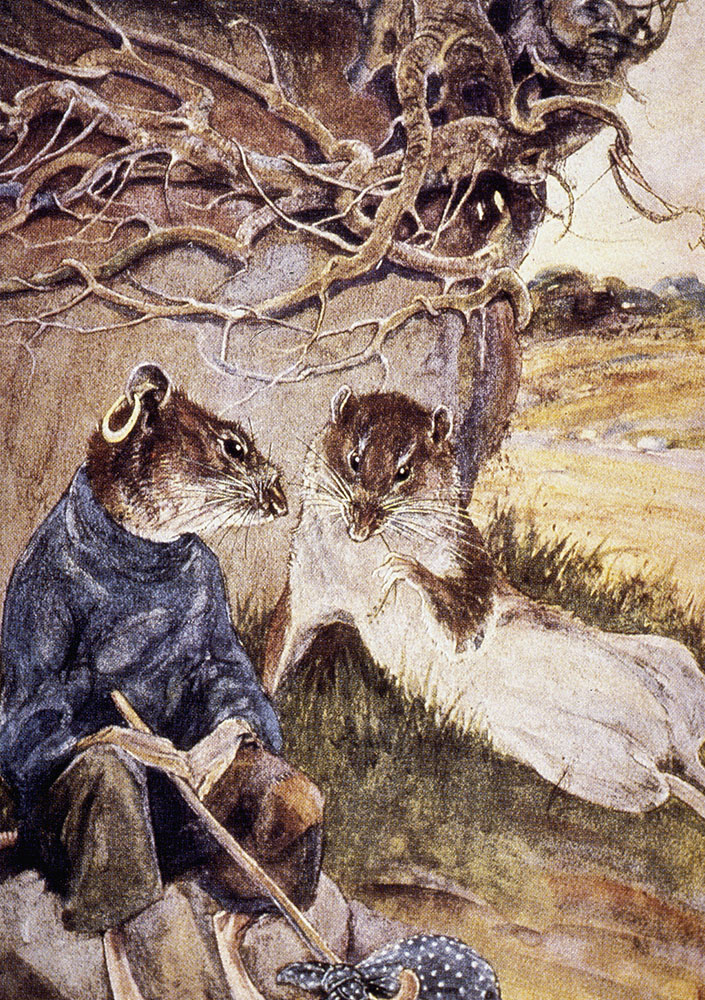
They were often martyred for their bossiness by outraged pantheists, whereas the spread of Christianity through the islands of Britain produced almost no martyrs at all. Conversion here was a peaceful affair and Christianity came to the Druids seemingly as a reformation, rather than a revolution.
Mr Mayhew-Smith thinks that the early British saints, such as Cuthbert, Patrick and Ninian, stepped into icy water to pray, as he does, and lived voluntarily in spirit-haunted caves. They banished demons from hilltops and forests and they went to lonely and frightening places and made them safe and sanctified.
Teaching that Man could restore the relationship with Nature that he had lost after the Fall, the saints went out of their way to demonstrate to their pagan neighbours that all creation was holy, coming as it did from a single loving creator. They also allowed ancient trees to flourish within the grounds of their churches.
Sign up for the Country Life Newsletter
Exquisite houses, the beauty of Nature, and how to get the most from your life, straight to your inbox.
The natural world, in return, joined in the praise of its creator. Otters famously dried Cuthbert’s wet feet. Late in life, the saint, who died in 687, retired from Lindisfarne to Inner Farne, a small and more remote island off the Northumbrian coast, where he built a thatched shelter for visitors.
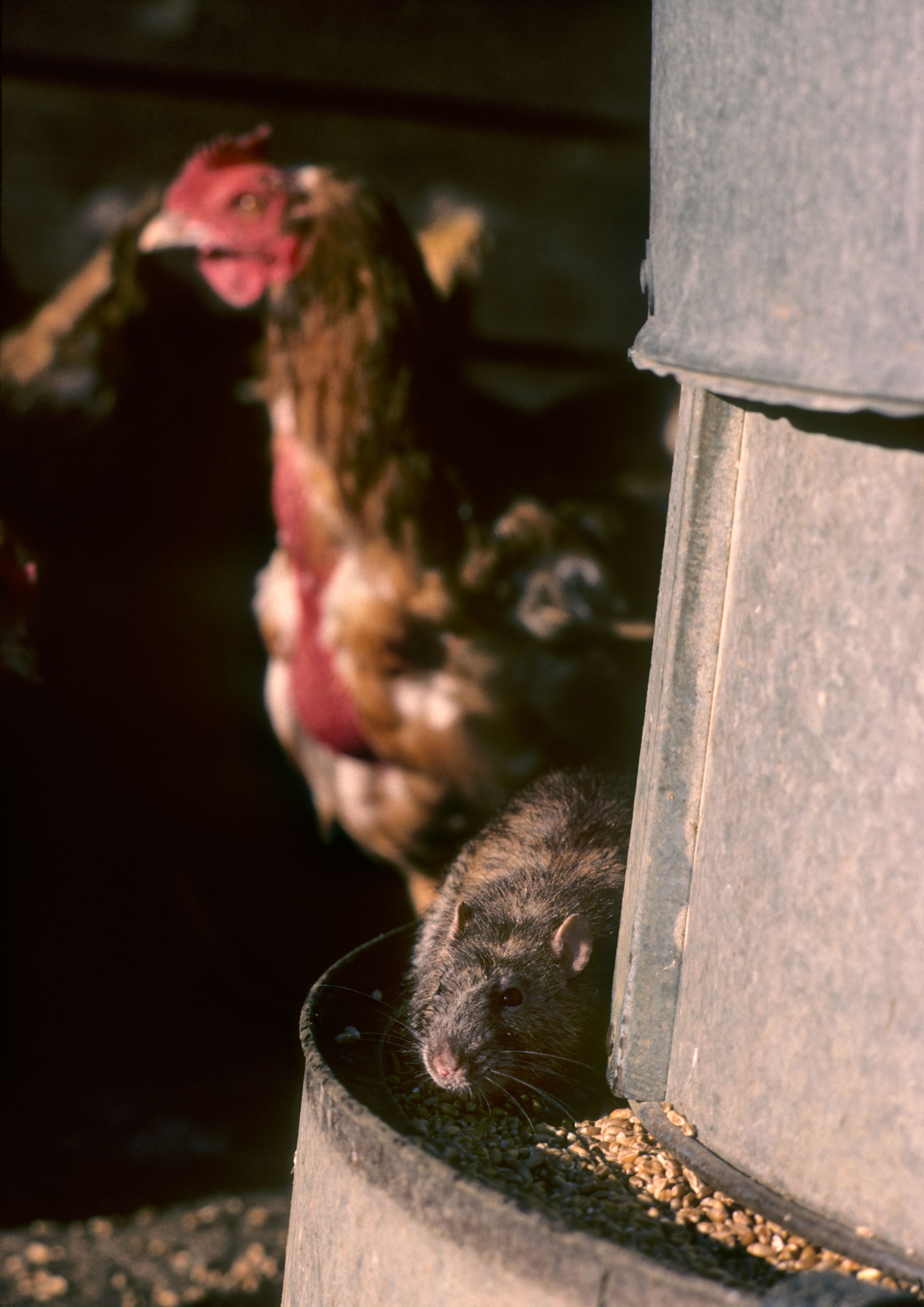
Cuthbert kept having to push away a pair of ravens, which stole the thatch for their nest. ‘In the name of Jesus Christ,’ he said, finally, ‘be off with you as quick as ye may, and never more presume to abide in the place which ye have spoiled.’
The ravens flew away. ‘But toward the end of the third day,’ Bede writes, ‘one of the two came back, and finding Christ’s servant busy digging, comes with his wings lamentably trailing and his head bowed to his feet, and his voice low and humble, and begs pardon with such signs as he might: which the good father well understanding, gives him permission to return.
‘Leave once obtained, he straight off goes to fetch his mate, and with no tarrying, back they both come, carrying along with them a suitable present, no less than a good-sized hunk of hog’s lard such as one greases axles with.’ Cuthbert would tell this story to his visitors, while offering them the grease for their boots.
However, last week, I saw a rat, in broad daylight, munching on some grain I’d put out for the hens. In spite of everything I know, and the example of people wiser than myself, I took my air rifle and shot it dead.
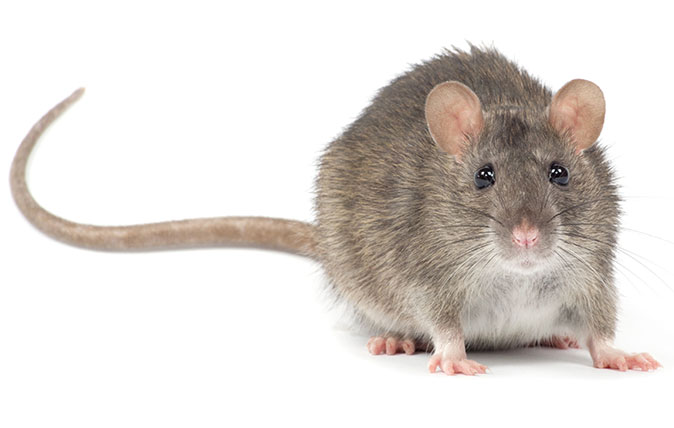
Credit: Alamy
Curious questions: Are you really never more than six feet away from a rat?
It's an oft-repeated truisim about rats, but is there any truth in it? Martin Fone, author of 'Fifty Curious Questions',
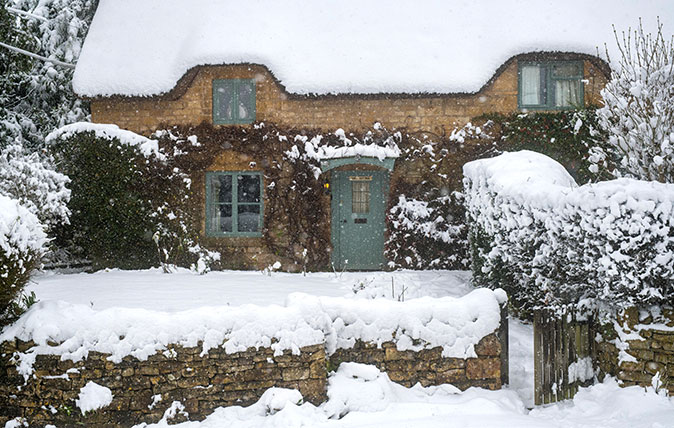
Credit: Tim Gainey / Alamy Stock Photo
Jason Goodwin: ‘The only sounds were the yawning of dogs, the spitting of logs in the fireplace and the occasional papery gulp of somebody turning a page’
Snowed in and without power, Jason Goodwin was left to live a medieval lifestyle that was rejuvenating and romantic... but
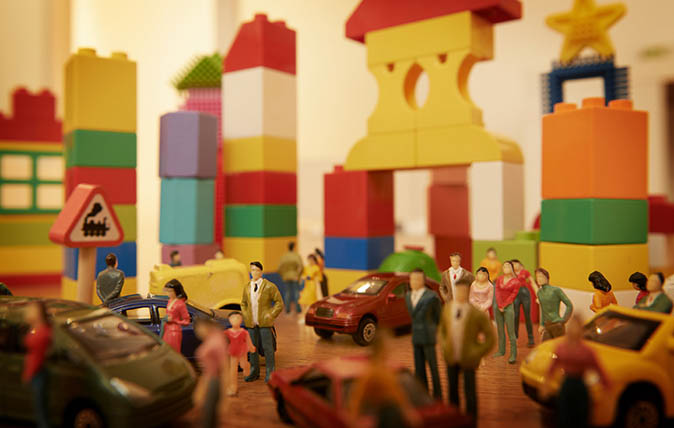
Jason Goodwin: ‘The washing-up is being done by a hulking fellow who, moments ago it seems, knelt on a chair at the kitchen table’
Jason Goodwin looks at his nearly-fully-grown children and wonders how it all came to this. (In a good way.)jas
-
 Spam: The tinned meaty treat that brought a taste of the ‘hot-dog life of Hollywood’ to war-weary Britain
Spam: The tinned meaty treat that brought a taste of the ‘hot-dog life of Hollywood’ to war-weary BritainCourtesy of our ‘special relationship’ with the US, Spam was a culinary phenomenon, says Mary Greene. So much so that in 1944, London’s Simpson’s, renowned for its roast beef, was offering creamed Spam casserole instead.
By Mary Greene
-
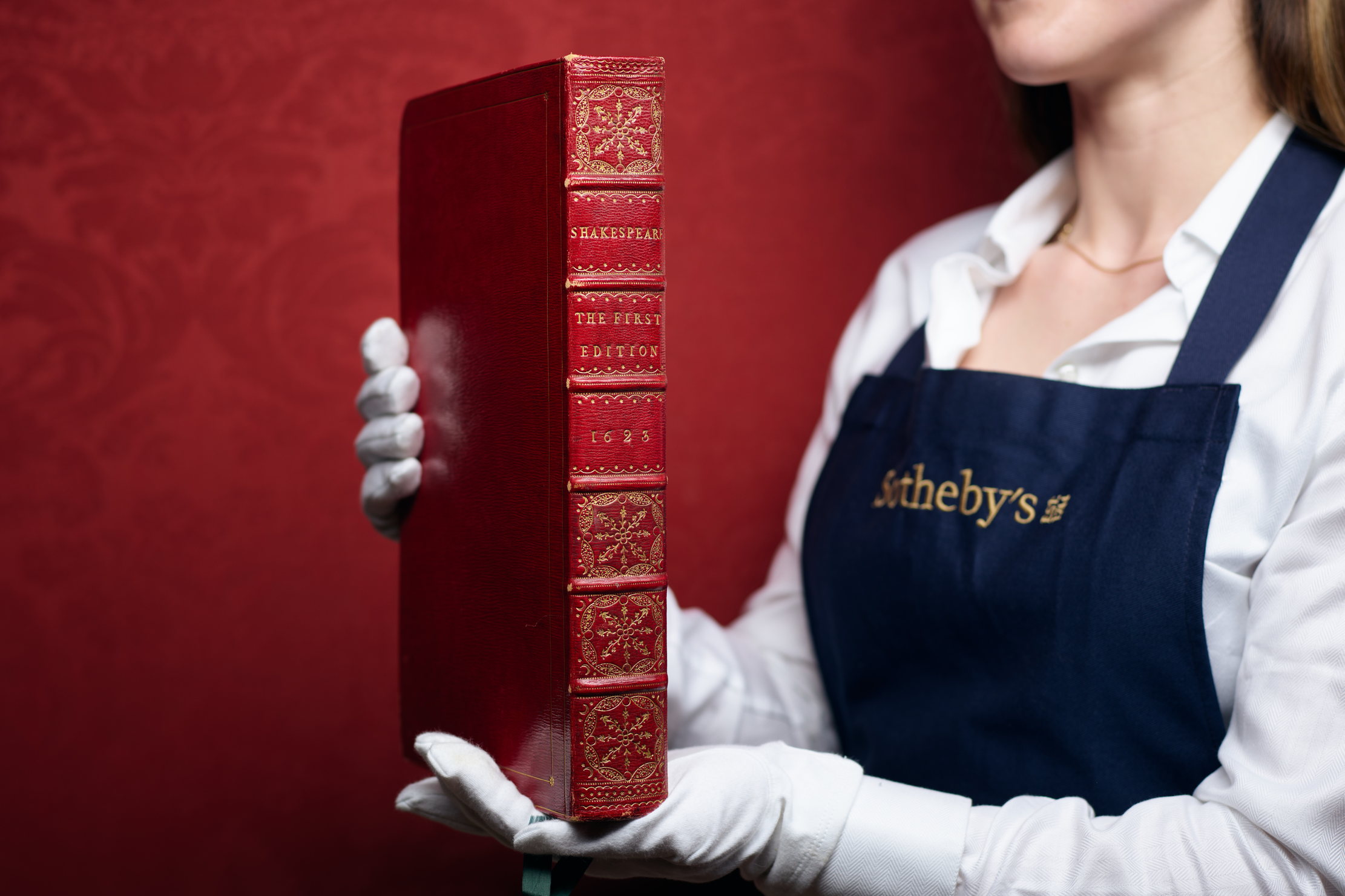 Folio, Folio, wherefore art thou Folio? Shakespeare set to be auctioned by Sotheby's
Folio, Folio, wherefore art thou Folio? Shakespeare set to be auctioned by Sotheby'sFour Folios will be auctioned in London on May 23, with an estimate of £3.5–£4.5 million for 'the most significant publication in the history of English literature'.
By Lotte Brundle